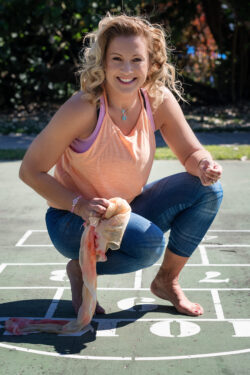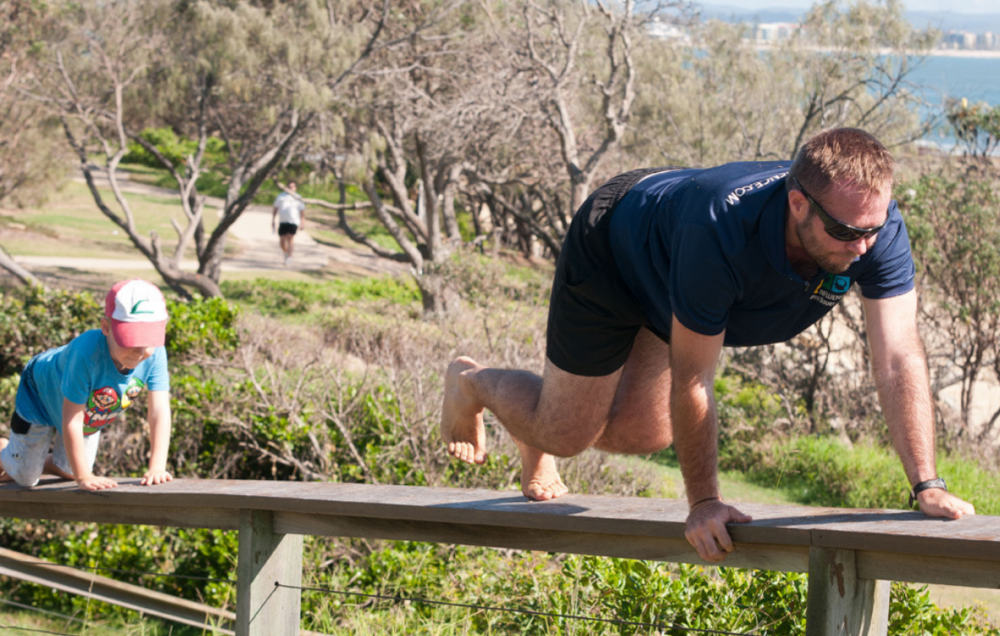“They call me an expert with kids,” says Amanda Dounis.
“Since 1999 I have run and operated my own early learning centres. Now I see so many kids of all ages at my clinic (and even online).
“It wasn’t long before I realised that the kids were showing me what was working for them. They were the true experts. So together I gathered a whole bunch of success stories and created the 4-step C.O.P.E. formula. I get amazing results from it.”
Jessica, 12, used the 4 step C.O.P.E. formula to help with her grief.
“Jessica came to me struggling with the loss of her dog. Her first pet Joshy passed away. He was happy and healthy until he was diagnosed with cancer. He lived for 6 months after his diagnosis. Mum notice Jess becoming sad. Her sadness affected her sleep, her school, and her appetite (to say the least).
“Jessica agreed to come and see me. I gave Jessica permission to be vulnerable and tell me her story. After some groundwork, we were ready to introduce the C.O.P.E formula.”
Here’s the 4-step C.O.P.E. formula at work in this context:
C = curious detective. Jessica became curious about her thoughts, her emotions and her behaviours. She recorded her detective notes and ended up with two main thoughts, three feelings and three behaviours. Her curiosity allowed her to turn her attention to herself and then notice what was going on. This gave her some empowering self-control.
O = observe herself for patterns. She made a chart about what she was noticing about herself. She even asked her mum, dad and sister about what they had noticed about her.
P = positivity. She accepted everything about how she felt. She also realised that her behaviours were supporting her sadness. When she put on her positivity hat, she realised she can still have a positive experience even thought she had every right to feel sad. This was amazing for her. She came up with so many different ideas how she can deal with her dog’s illness and death.
E = explore options. This was a wonderful part of the formula for Jessica. She was able to create a bank of ideas to create new behaviours so that she can be okay with what was happening. Even though it did not make her dog well, or keep him alive, she was able to move through sadness in a healthy way.
Instead of being stuck, Jessica used the 4-step C.O.P.E. formula to get to know herself curiously. She observed what she was doing that was not working. Observing herself this way gave room for her to notice she had choice. Being empowered with choice, Jessica then created all these new positive ideas to add meaning to her relationship with her dog. By exploring her options, she wrote him letters, planted a flower, created a song and made a scrap book. This was used while he was sick and even after he passed.
Jessica moved through sadness using the 4-step C.O.P.E. formula.
Below are some useful links:
To access a free guide click on the link www.copingskillshandbook.com/freeguide
To purchase the book www.copingskillshandbook.com/book
To purchase the course www.copingskillshandbook.com/my-coping-skills-online-course

Amanda Dounis is a leader in early child education in Australia. She is the owner of Positive Thinking Clinic (Wolli Creek, Sydney) and an award-winning owner and operator of four early learning centres (St George region, Sydney).
Dounis is a qualified psychotherapist, hypnotherapist, counsellor, Early Childhood teacher, and NLP Master Practitioner. She is also a mum of two boys and a marathon runner.
Dounis created the 4-step C.O.P.E. formula, which is the subject of her groundbreaking book, My Coping Skills Handbook, and online course designed for children (aged 8-12) and their parents.
Her pioneering work came from working with, and observing, young children in an early childhood education context for more than 20 years.








